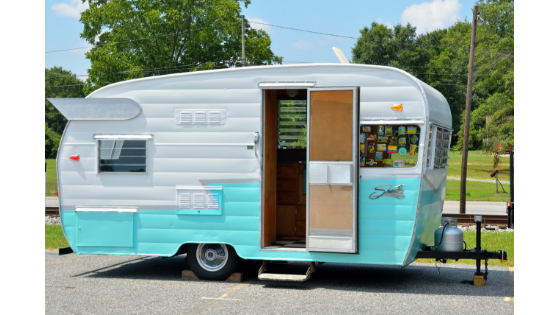
Most Americans have the luxury of living in relative peace and comfort — 21st-century life is not without its benefits. However, people are increasingly seeking to reconnect with nature and take control over their lives by choosing off the grid living.
For some, this can have a psychological benefit: It may feel great to take back control over your own life. However, the benefits can extend even further than that. Proponents of off-the-grid living report greater personal satisfaction, decreased levels of stress, a heightened connection to nature, a lower carbon footprint and better overall health.
By living off the grid and eating what the land provides, you can cut out a lot of chemicals and genetically modified foods that are essential to support large urban populations. Let’s discuss some fundamentals for off the grid living to give you an idea of what’s in store and what it takes to truly go it alone.
Shelter and Warmth
When you choose to say goodbye to your three-bedroom house or city apartment, you must face the harsh reality that living off the grid means that finding shelter is a much more involved process.
You need a shelter that can keep you warm and dry in the area you plan to inhabit. Bear in mind that you might want to consider migrating with the seasons to avoid harsh winters in some of the northern states. Options range from a tent to a portable cabin. Naturally, what you settle on depends on your means and your goals for off-the-grid living.
There’s nothing to stop you from living off the grid in an RV, but your vehicle requires registration, so how unmonitored by the establishment you can go may vary. It is also important to follow both federal and state laws to understand any vehicle registration requirements. Additionally, consider the necessity of RV waste disposal. Make sure you have a location and a system for keeping your waste contained to limit the risk of disease.
Whatever your shelter situation may be, pack a high-quality sleeping bag to keep yourself warm and keep your morale high. Staying warm and dry is essential — not only for your health but also for your sanity. When you’re cold and wet, hunting, fishing, and hiking are going to be much harder than when you’re dry and comfortable.
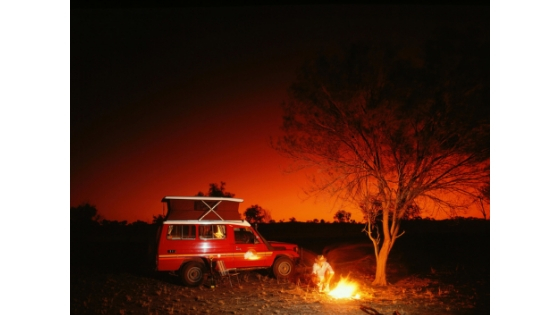
Food and Water
You can’t survive very long without food provisions, and survivability drops even further if you lack a source of fresh, clean water. You also want to have access to fire or a power source to boil water before drinking it to kill bacteria and remove other contaminants.
Men need approximately 3 liters of water a day, and that figure drops to around 2.2 liters for women. Collecting rainwater is helpful because it is naturally purer than water in some ponds and lakes.
Foraging and hunting for food can be extremely dangerous, so read what you can and learn how to identify different plants and animals. Eat the wrong mushroom, and you could risk organ failure or be so knocked out that you’re vulnerable to all kinds of danger.
Learn the laws for hunting and be careful to follow them. Fish, game and land mammals are all excellent sources of protein in the right season, but it helps to know how to preserve them when the going gets tough. Have a sturdy, reliable survival knife to finish kills, skin animals and prepare food.
Understanding how to can and preserve food is a useful skill for long-term survival. Cultivating your food via a vegetable patch or fruit trees is also a great way to know exactly what you’re eating. These methods may take a while to pay off, but for serious survivalists, planning ahead is an absolute must.
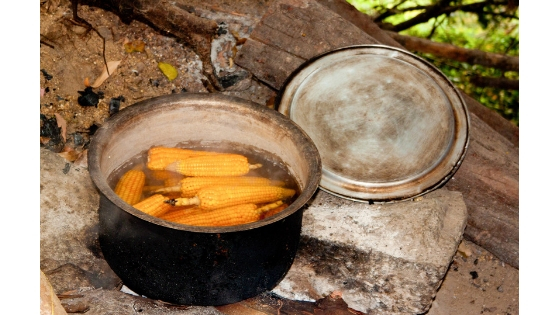
Transportation, Security and Tools
If you’re considering living in transportation, such as a van or RV, it can also serve as your means of getting around. An alternative is to keep everything you need on your back and rely on public transportation. Certain methods of public transportation are harder to track, and using them can be a good way to stay off the radar.
You also need to consider your safety. When you’re out in the wild, you risk encountering dangerous predatory animals as well as other humans. Away from society and witnesses, interactions with other people can be tense affairs. You might find a friend with whom you can share expertise and cooperate, or you might find someone looking to take what’s yours.
It is vital you consider your personal safety and understand some basic self-defense techniques and first-aid methods. If an animal bites you — even if you can stop the bleeding and seal the wound — there is an additional risk of infection. You should seek professional medical help for any injuries but knowing how to treat different types of wounds can give you the valuable time you need to reach a hospital before it’s too late.
A good tactical knife is essential for many aspects of survival, and it can prove useful for self-defense. Consider other tools you’ll need as well for farming, digging or fishing, and approach your off-the-grid life with a viable plan. Doing so gives you the best chance of surviving and thriving off the grid.
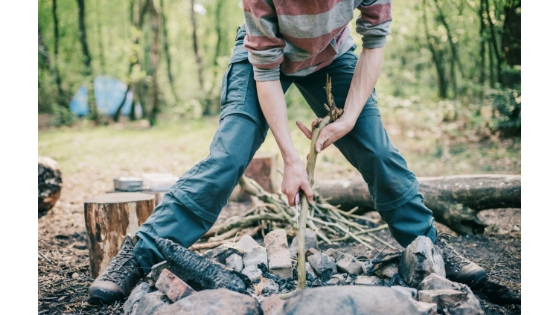
Psychology – What it Really Takes
Going off the grid means sacrificing a lot. Can you deal with not seeing your loved ones often? Are you willing to miss out on the comforts of modern life? Can you cope with the pressure of being entirely responsible for your survival?
You need to have the right mindset for living off the grid and be able to deal with the challenges that will inevitably present themselves. To stay untraceable, close your bank accounts, cancel your credit cards and switch to cash only. If you decide to maintain internet access, you need to use a VPN or proxy server to make your online presence harder to track.
Learn federal and state laws so you can work around them and live off the grid without breaking regulations. If you can stomach everything this new way of life throws at you, there are benefits to this way of living. The freedom and connection to nature might outweigh all the costs, but make sure you consider whether you’re ready for the challenge.
This is a guest post written by Ross Burgess from eKnives.
Thanks for visiting Preppers Survive. If you enjoyed this article, please share it on your favorite social media and vote for Preppers Survive here.
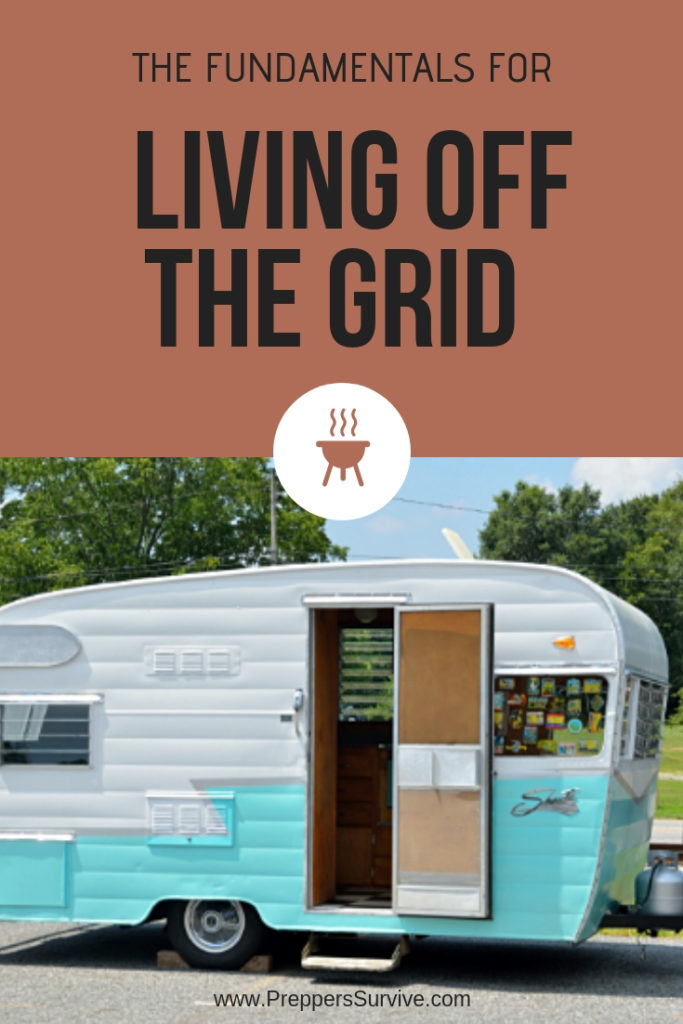


Leave a Reply